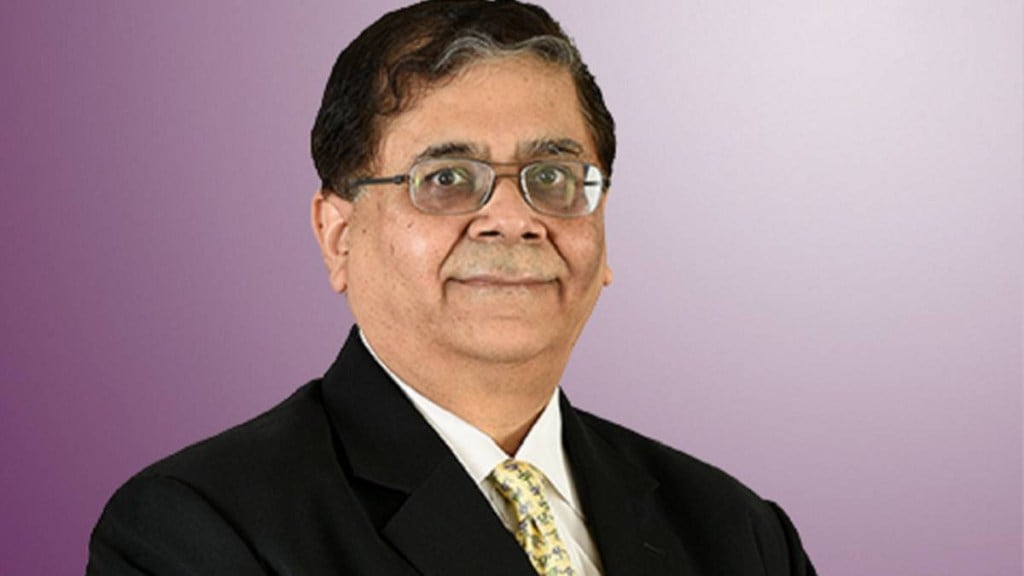The Bar Council of India’s decision to permit foreign lawyers and law firms to practice in India, albeit with conditions, has met mixed reactions. While some in the industry have expressed concerns, others such as Cyril Shroff, managing partner, Cyril Amarchand Mangaldas (CAM), have welcomed it. In an interview with Geetika Srivastava, he says it is time to adapt and embrace this new reality. Edited excerpts:
What is your take on the entry of foreign law firms into India?
At its core, this is a liberalisation whose time has come. While there can be misgivings as the modalities, I feel it’s a good development for the market in the long run. As a next step, the grey areas need to be clarified in a mature way. We need to turn the page on this chapter in history. I am for a sensible opening. We cannot be resisting this forever. My views have been formed from studying markets globally. We need to be progressive if we are to be relevant. In no sector or industry have local champions been wiped out. They thrive.
What do you think of the Society of Indian Law Firms’ concerns about allowing entry to foreign law firms?
I feel the demand for a level-playing field is a fair one. That’s the main part that interests me. I have no comments on the rest.
How are you preparing to work with foreign law firms? Are you looking at a collaborative process or will CAM compete for a piece of foreign transactional work?
There is a lot of global experience in this. History has shown national firms that adapt and embrace the new reality actually thrive even more. I expect an era of “coopetition”. I see more collaboration than competition.
Do you anticipate any changes in the types of clients your firm will serve? How do you plan to adapt and can we expect a change in pricing?
CAM has a very strong and loyal domestic clientele. Additionally, a lot of foreign clients will be added. Pricing will surely increase because firms will need to invest in systems and talent.
What form or structure do you think foreign law firms will opt for when they enter India?
The structure they adopt will depend on the rules and the final framework for entry. Tax considerations will be critical.
What’s the buzz with your overseas counterparts? Are these firms preparing to enter the Indian market soon?
My sense is that most of them are waiting for clarity on the rules. I do not see a long line of applicants as yet. But there is a lot of interest. A few firms will be the first movers. The rest will take longer.
How do you expect this to impact lateral hiring and recruitment in the industry? How do you plan to retain your top talent?
While there will be some lateral movements, I also believe there is a deep talent pool. The formula for the future is not too different from the present. The core of CAM’s talent pool has been with the firm for over 20 years.
Several legacy law firms have been subject to criticism for employee burnout — do you expect cultural changes from the entry of foreign law firms?
Employee burnout in Western legal markets is far higher. India expects 1,500 hours per annum. Western markets are at 2,500 hours per annum. India is far kinder. As salaries increase, so will expectations. Demand for Indian talent will get more intense.
